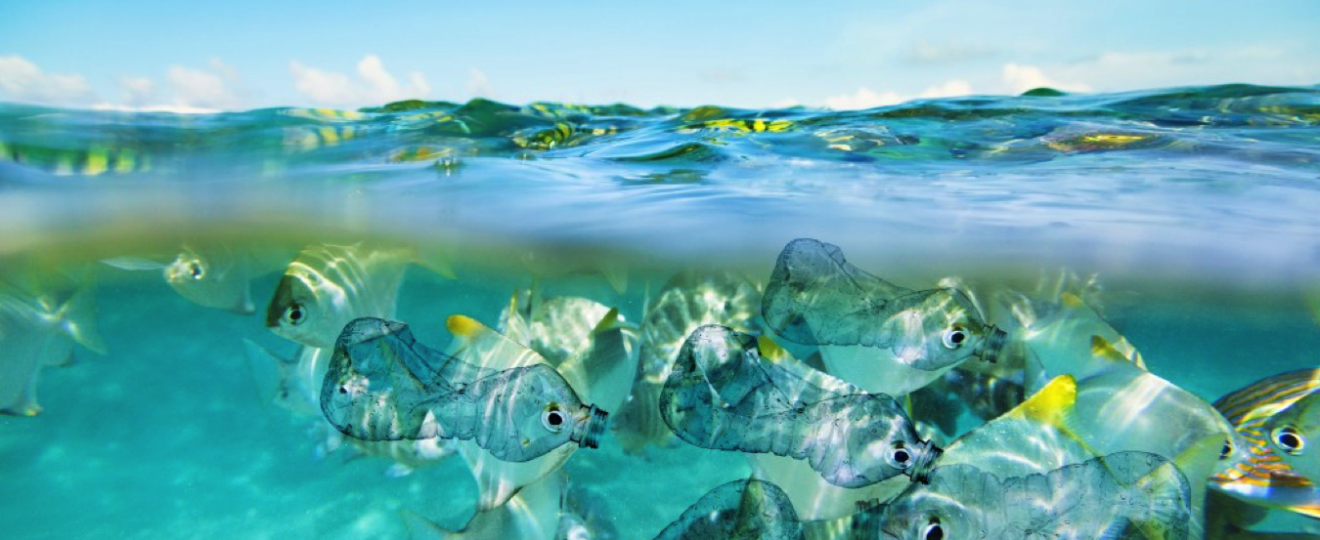Single clothes wash may release 700,000 microplastic fibres, study finds
Tiny plastic particles released by synthetic fabrics can cause harm to marine life when they enter rivers and oceans, new study by Plymouth University.
Read the full article here.
Original article: in press, Marine Pollution Bulletin: Napper & Thompson, 2016 –
Release of synthetic microplastic plastic fibres from domestic washing machines: Effects of fabric type and washing conditions
And about the micro fibers pollution and the apparel industry: California study
Assessing the impacts of microfiber pollution in the environment




